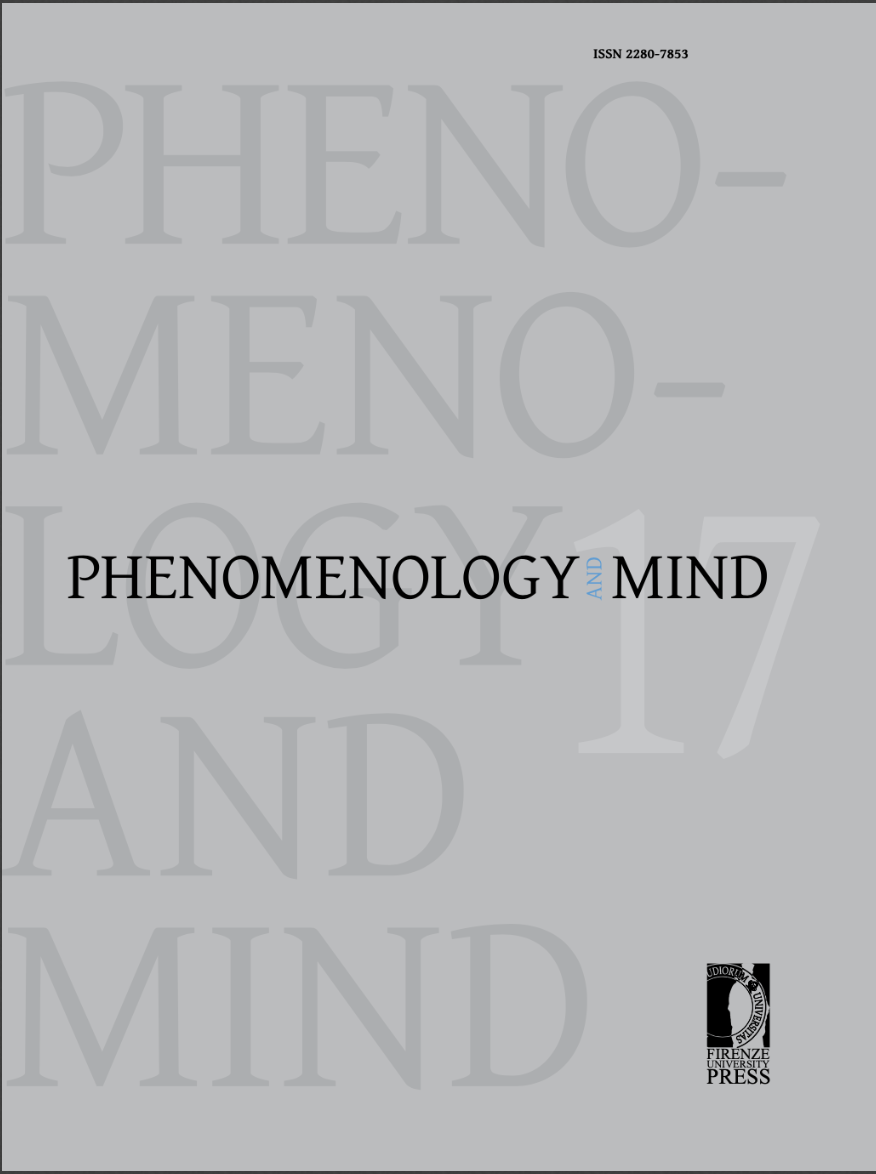Published 2016-11-27
Keywords
- belief,
- false belief test,
- theory of mind,
- social cognition
How to Cite
Abstract
The age at which children acquire the concept of belief is a subject of debate. Many scholars claim that children master beliefs when they are able to pass the false belief test, around their fourth year of life. However, recent experiments show that children implicitly attribute beliefs even earlier. The dispute does not only concern the empirical issue of discovering children’s early cognitive abilities. It also depends on the kind of capacities that we associate to the very concept. I claim that concept possession must be understood in terms of the gradual development of the abilities that underlie the concept in question. I also claim that the last step to possess the concept of belief requires children to understand how beliefs and desires are used in everyday explanations of people’s actions. Thus, I suggest that understanding folk psychology as an explanatory theory is what children lack when they fail the false belief test.

